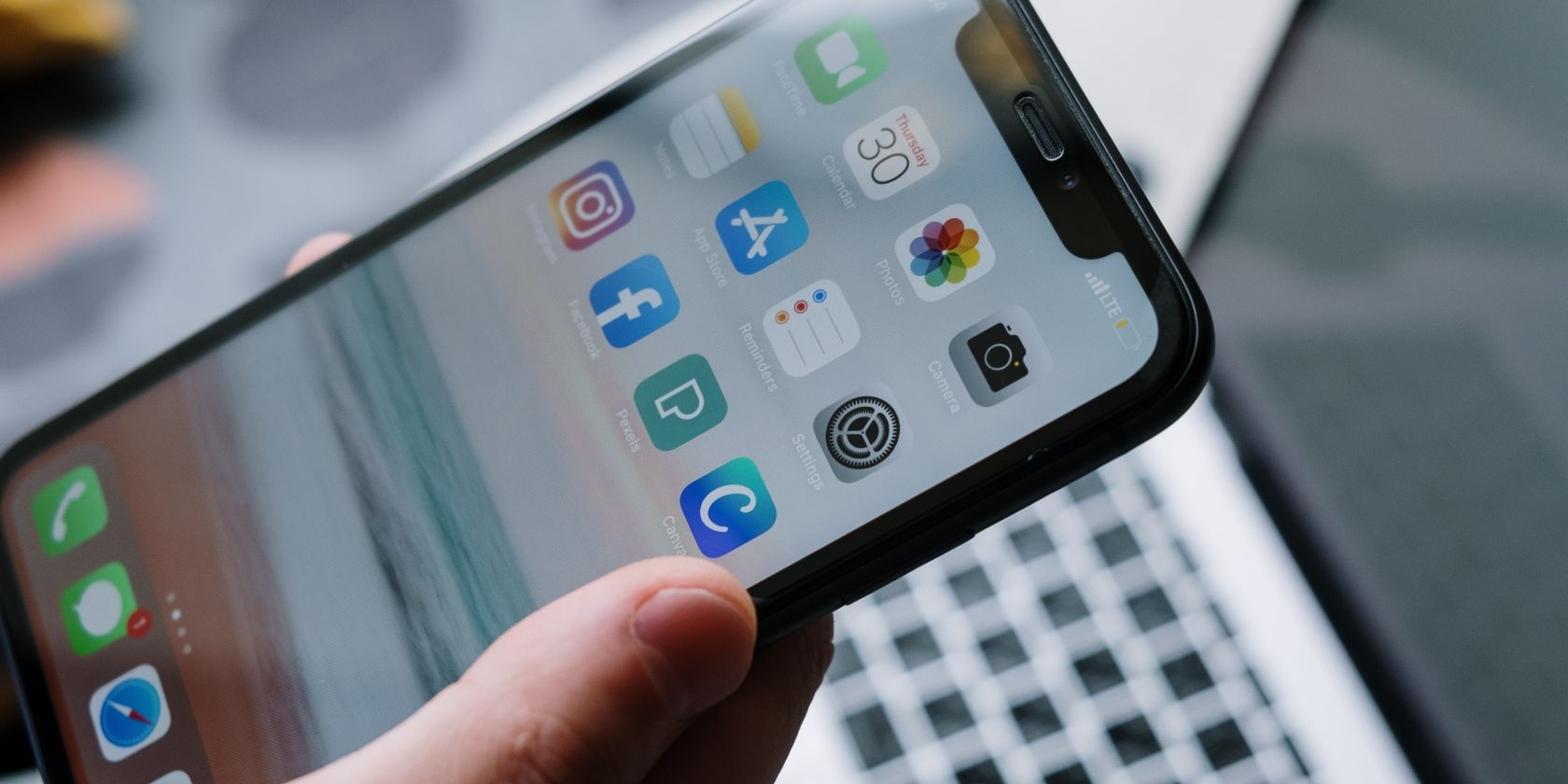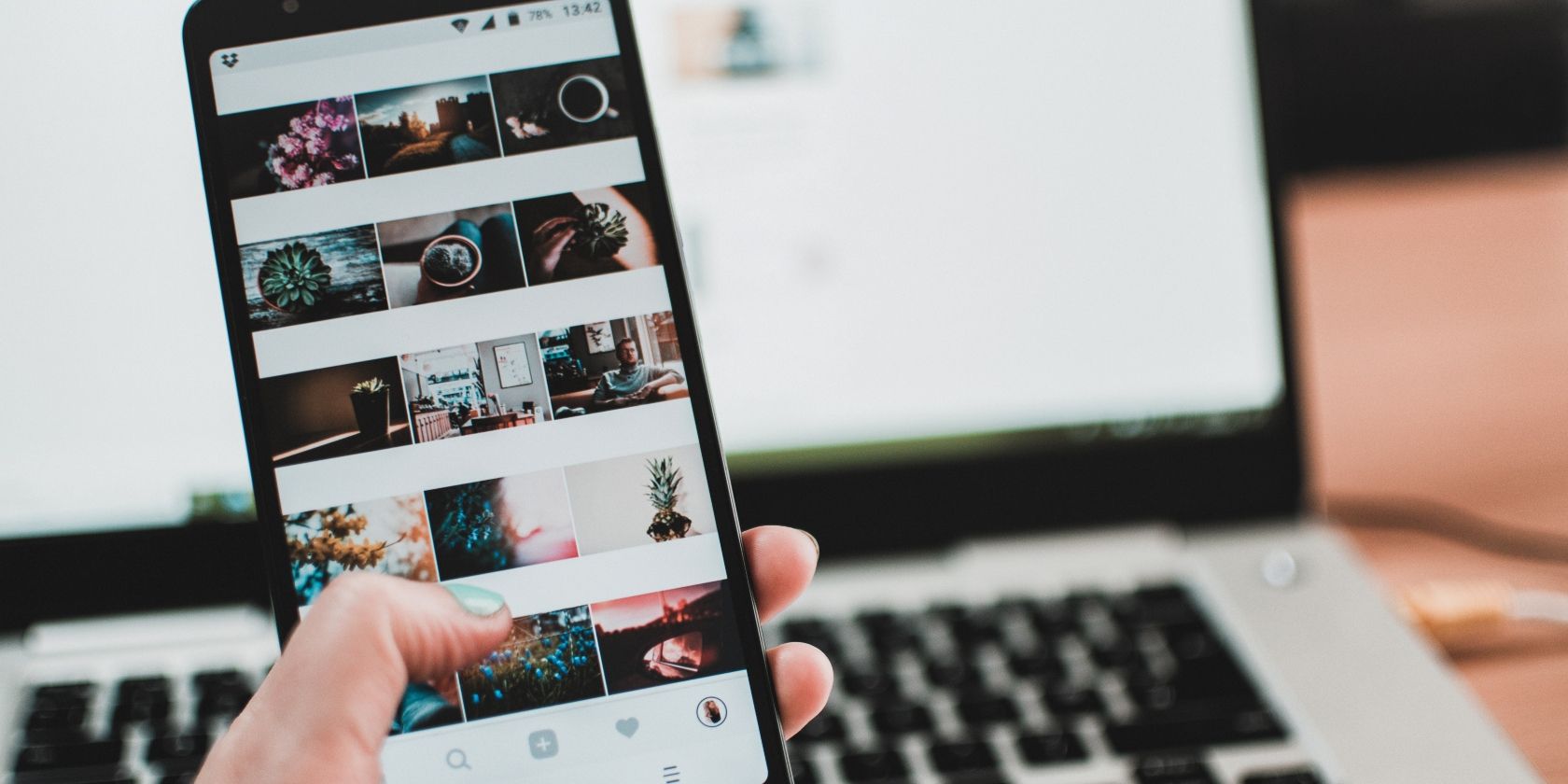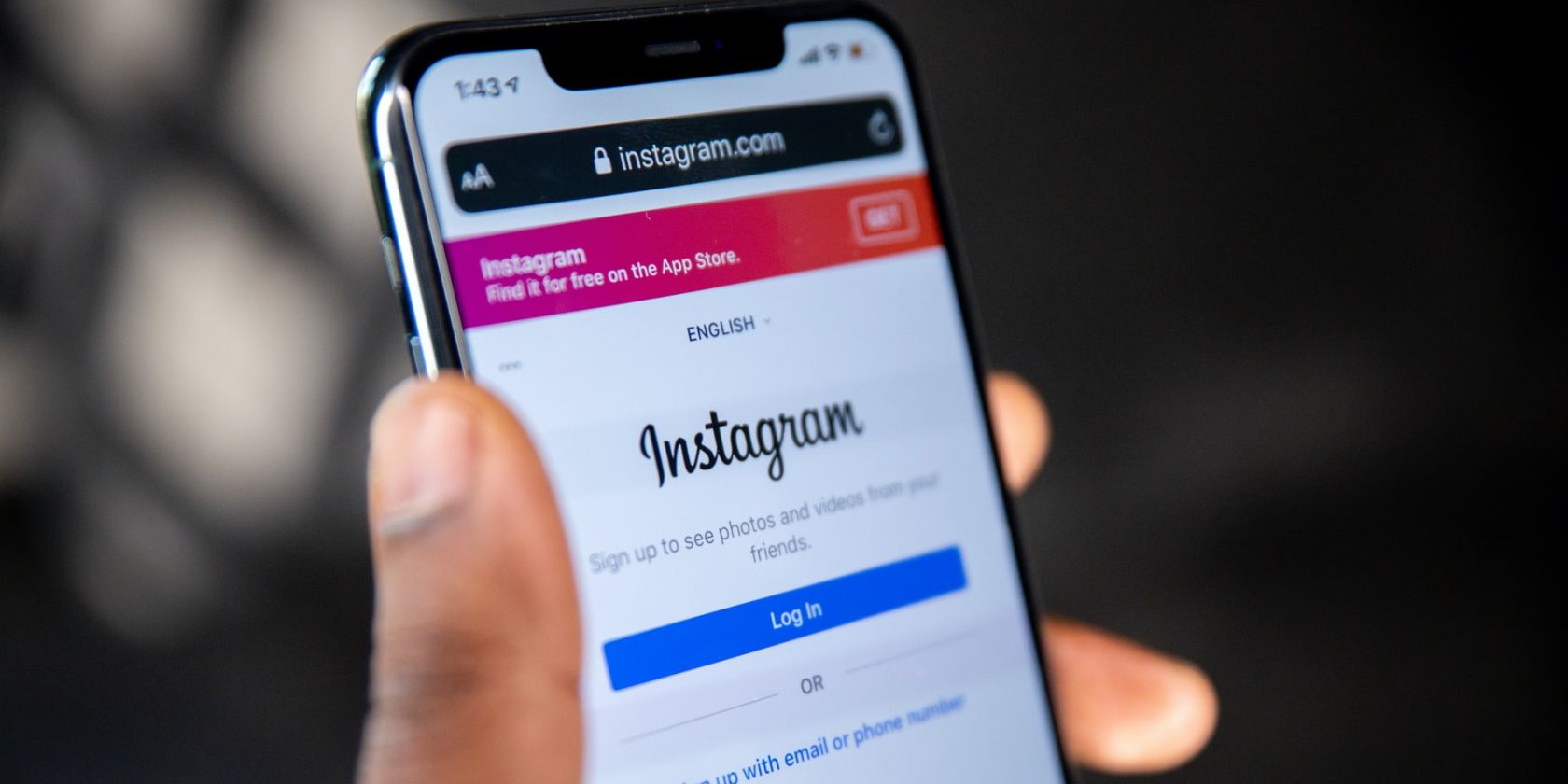From sharing your birthday celebration pictures on social media to posting every single thing that happened that year, you might be oversharing on social media without even realizing it.
While there's nothing wrong with sharing big achievements with your friends, too much information can invite unwelcome attention. Moreover, there's something to be said about a private life being a happy life.
So, what is oversharing on social media—and why do many people do it? Most importantly, how can you stop this issue from ruining your life? Let's find out.
Why Oversharing Online Can Be Damaging
If you share a picture, a video, thoughts, or opinions every few hours, the chances are you don’t really care much about the content of that post. However, it may result in unhealthy outcomes in the long run.
Let’s understand it this way. Everything you share online stays there forever. Even if you delete it, someone must have seen it, who can take a screenshot or simply talk about it to others.
These things may result in judgemental behavior, a recruiter holding up to contact you, or someone exploiting and taking advantage of the information you share about the minors in your family.
The Reasons Why Most People Overshare on Social Media
There are several reasons why people overshare online, but the primary one is that the creators of social media platforms want us to. The longer you spend online, the more money they make—and the more active users there are, the more the ads running on these platforms benefit them.
Each year, by adding more features to these social platforms, making them fun to navigate and simpler to use, they encourage us to share everything. This includes locations, photos, videos, and so on.
Another reason might be your mental health. If you're not in the right frame of mind, you might share stuff that you normally wouldn't. You may be feeling anger, enthusiasm, pain, overflowing happiness, or just seeking attention. And you could decide to act in the moment without giving much thought to what you’re sharing.
Insecurities can also play a role. Remember that new kid in school who would continue doing one thing after another to seek attention or be a part of the popular group? That could be you. If you overthink everything, you may choose to share stuff that makes you look good in others’ eyes. When it doesn’t work, you share even more and so on.
How to Tell When Your Sharing Has Become Oversharing
Several signs could point to you oversharing. Below, you'll find some of the most common things to look out for.
- You post pictures or videos every second hour without analyzing them.
- You share your intimate moments with loved ones, even though it's healthier to live in the moment with them and put the camera away.
- You treat social media as your online diary and share every moment of your day.
- You order food or shop just to get to post their pictures online.
- Your mood and feeling of self-worth have started to rely on the number of likes and comments.
How Can You Stop Oversharing on Social Media?
Here are a few measures that you can take to stop oversharing on social media.
1. Avoid Posting When You’re Angry
It’s known for centuries that one should keep their words to themselves when they’re angry. Otherwise, they may regret it.
When you angrily post online, you could face significant consequences. An aggressive or offensive tweet might get you fired, and you might begin to lose real-life friends if you regularly post vulgar content because you're unhappy.
2. Choose Your Content Wisely
Whether you post once a month or daily, scrutinize your content before you share it with the world. Make sure the background of your pictures and videos doesn’t reveal any private information.
You should also keep in mind to never share your routine or places you visit regularly on specific occasions. Moreover, you should never share your current location or check-ins when you’re still there.
When you post pictures of your or someone else's kids, make sure that people can't get information you might not want them to know. If you show the logo of the school they go to or name the park where they play every evening, others with malicious intentions might take advantage.
3. Think Ahead of Time
Ask yourself when you post: can it affect me in the future in any way? This is one of the easiest ways to determine whether you should publish this picture or video or not. If the answer is yes, and the consequences are potentially large, it's better to refrain from sharing.
4. Separate Your Personal and Professional Audiences
Something that’s okay to share with your family and friends might be oversharing with your colleagues and professional network. So, create separate groups of people or keep different professional and personal profiles altogether. It allows you to share appropriate stuff that’s suitable for each of your viewers.
5. Avoid Sharing Everything on Your Online Journal
Before you try to document your life online on Facebook, Instagram, Twitter, or any other social platform, take a moment to think about what to share.
Ask yourself: do you really want the highlights of your life to be you just whining about everything? For example, how bad you feel because your car broke down in the middle of the road for the third time this year. If it doesn’t fit the criteria, don’t post it.
6. Keep Track of Your Social Media Usage
The less time you’ll spend on these platforms, the less itch you’ll have to contribute to it. Apps like Social Fever can help you keep track of the time you spend on these websites, and you can take action from there accordingly.
Oversharing on Social Media Is Never Good
Social media platforms are a great way to express yourself, but that doesn’t mean it cannot get dangerous. So, it's important to understand your boundaries and know when to stop. You must keep a balance between what you let people in on and what you keep to yourself.
Having read this article, you should have enough to get you started with keeping your most sensitive information offline.


.jpg)

